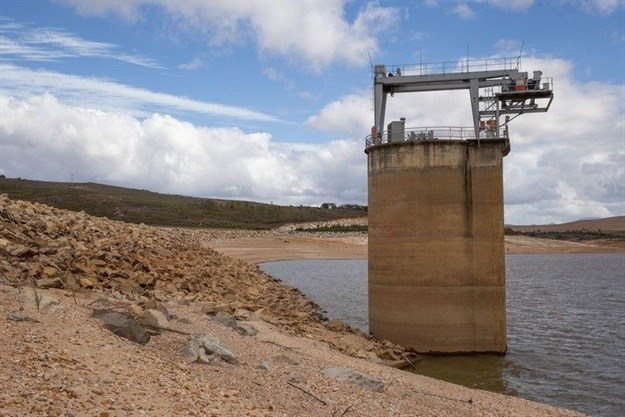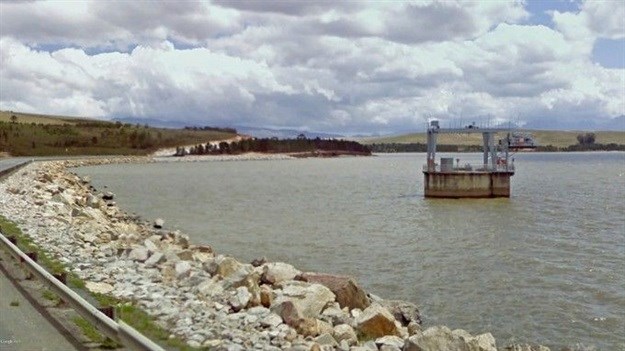
Top stories






More news


ESG & Sustainability
Redisa calls on govt to fix South Africa’s “broken” waste management system



























“If we used to sell 1,000-million litres [of water] a day but now we can only sell 500-million litres a day, we need to still cover the costs of the whole network,” said Gisela Kaiser, executive director of informal settlements, water and waste.
“So our costs are not a lot less than for 1,000 litres, but our revenue is now halved, so we actually have to double our unit cost,” said Kaiser. “And that’s really what we mean by having to increase tariffs just because our sales are down.”
Water usage in Cape Town dropped significantly over the past year, but Kaiser said this also meant that the city’s revenue declined.
According to the latest Water Outlook 2018 Report, the average water demand dropped by about 45% from February 2017 to February 2018. This “translates to a shortfall in revenue of nearly R2bn in the current year”.
The proposed new water tariffs would most heavily affect monthly water usage up to 10,500 litres. The tariff for water usage between zero and 6,000 litres would increase from R26.25 per 1,000 litres to R40.73. And the tariff for usage between 6,000 and 10,500 litres would increase from R46.00 per 1,000 litres to R48.88. (These amounts exclude VAT.)
But monthly water usage between 10,500 and 35,000 litres would still carry a much higher tariff: R127.13 per 1,000 litres. Using more than 35,000 litres of water will cost R768.64 per 1,000 litres, which the city describes as punitive. (10,500 litres per month is exactly equivalent to a family of seven using 50 litres per day each in a 30-day month.)
“People will see different tariff increases depending on how much water they use and whether they are domestic or industrial [users],” said Kaiser.
Indigent households, of which the report states there are about 268,000 in Cape Town, will not be charged for monthly water usage up to 10,500 litres. Using more than 10,500 litres will carry the same tariffs for all households.
Bertus Saayman, manager of financial and commercial activities for the Department of Water and Sanitation, said that people earning less than R3,500 would not be charged for monthly water use lower than 10,500 litres.
According to the report, the “new tariffs must be in place from 1 July 2018”.

A fixed charge has also been proposed by the city to cover the costs of the pipe network and the new projects to increase the water supply to the city. “The fixed cost for the whole pipe network is a lot more than the cost of the actual water that flows through it, and that’s why we had to introduce a fixed charge into the mix,” said Kaiser.
The fixed charge is calculated relative to the size of a household’s water meter. The report states that 95% of households have a water meter size of between 15 and 20mm, meaning that they will pay a fixed charge of R115 per month or less.
Saayman said that the size of a household’s water meter will be indicated on water bills from 1 July 2018.
“We do not work at making a profit,” said Kaiser. “The revenue that we foresee will cover our costs to provide water and sanitation services … Our revenue and expenses have to balance.” She said water had been “historically underfunded” and that the drought had made everyone realise the value of water.
The tariff proposals form part of the city’s 2018/19 budget. The new budget has not been finalised yet and will go to the City Council for approval on 30 May 2018.

GroundUp is a community news organisation that focuses on social justice stories in vulnerable communities. We want our stories to make a difference.
Go to: http://www.groundup.org.za/